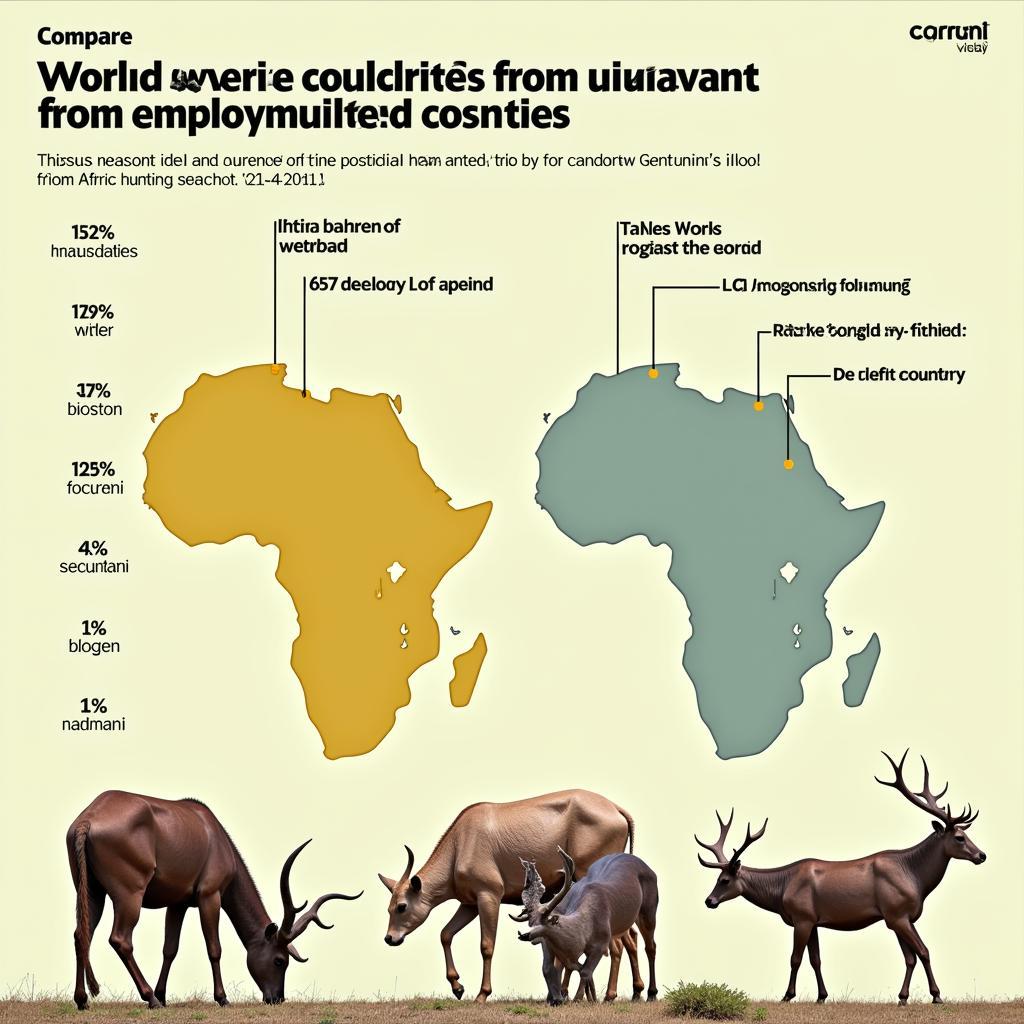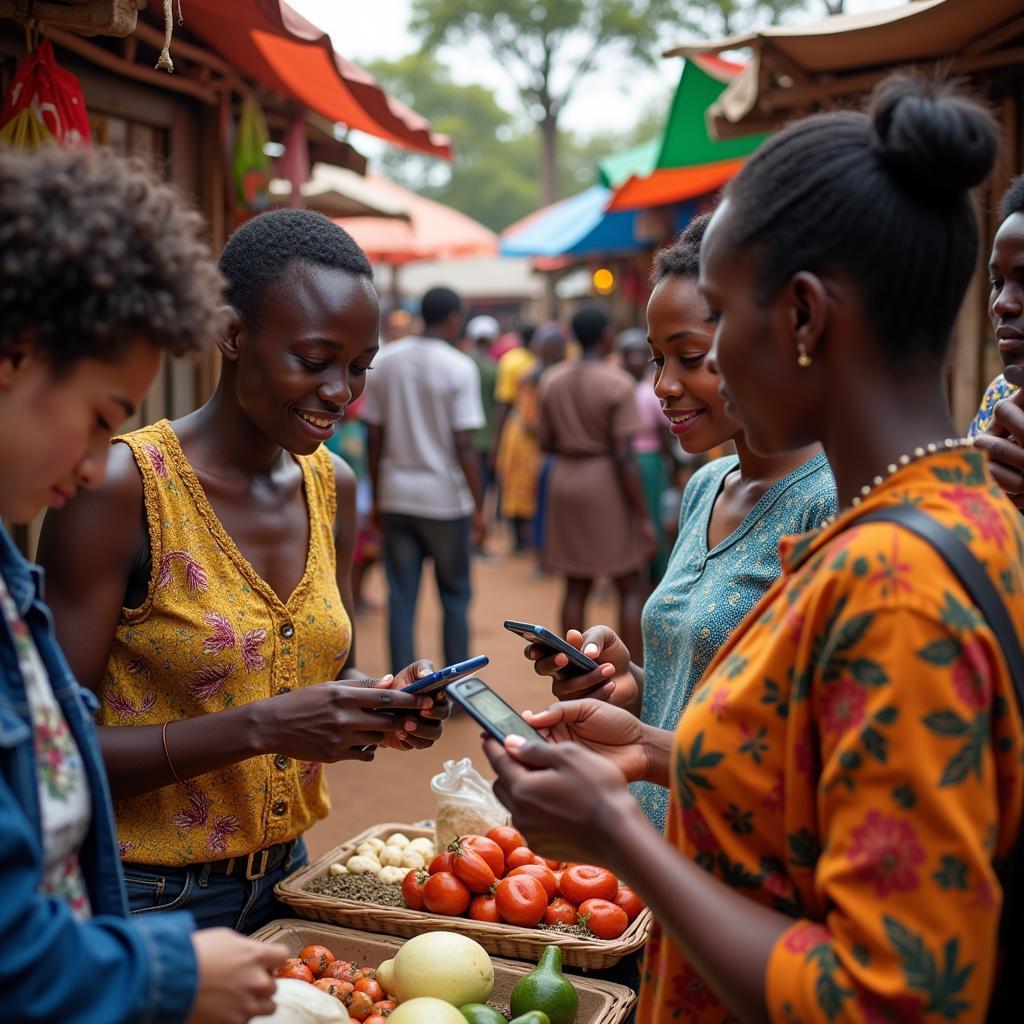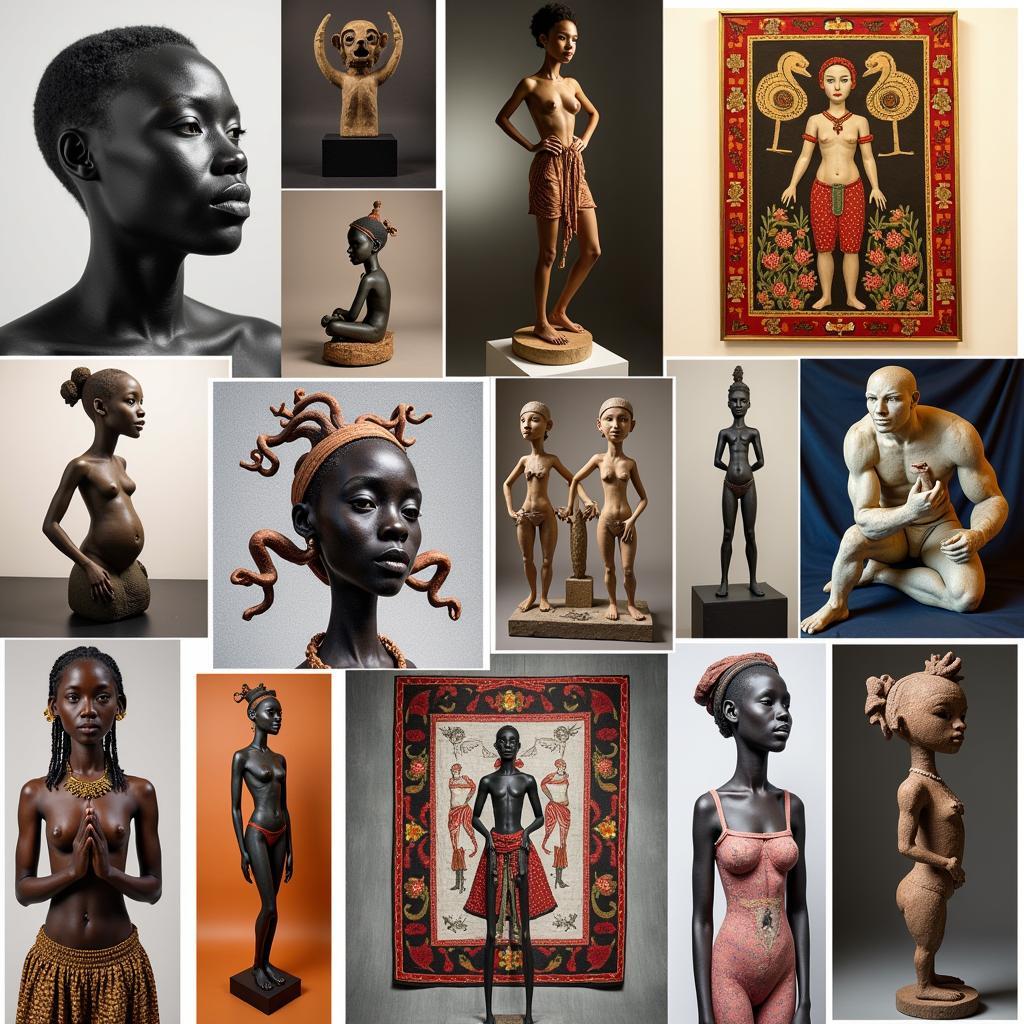Understanding the African Diaspora: A Synonym for Resilience and Cultural Exchange
The African diaspora is a testament to the enduring spirit of African people. It refers to the global scattering and movement of people of African descent, primarily as a result of the transatlantic slave trade. While the diaspora represents a painful history of forced displacement and oppression, it has also been a catalyst for cultural exchange, artistic expression, and the creation of vibrant new communities worldwide.
Defining the African Diaspora
The term “African diaspora” encompasses a diverse range of individuals and communities that have experienced displacement and migration from Africa. It includes those who were forcibly transported to the Americas, Europe, and other parts of the world during the slave trade, as well as those who have migrated voluntarily for various reasons, such as seeking economic opportunities or escaping political instability.
The African diaspora is not a monolithic entity but rather a complex and interconnected network of cultures, languages, and traditions. Each diaspora community has its unique history, experiences, and cultural expressions. While they share a common origin in Africa, they also reflect the diverse cultures and societies they have encountered and adapted to in their new homes.
Synonyms for African Diaspora
While “African diaspora” is the most widely used term, there are various synonyms that convey the same meaning or specific aspects of the diaspora experience. Here are some alternatives:
- African descendants: This term emphasizes the shared lineage and heritage of people of African descent, regardless of their current location.
- African transnational communities: This phrase acknowledges the interconnectedness and transnational nature of diaspora communities, highlighting their relationships with Africa and other diasporic groups.
- Black diaspora: This term is often used in the context of the transatlantic slave trade and its impact on people of African descent in the Americas.
- African diaspora communities: This synonym specifically refers to the collective group of people of African descent living in different parts of the world.
- African diaspora studies: This term refers to the academic field that examines the history, culture, and experiences of the African diaspora.
The Importance of the African Diaspora
The African diaspora has had a profound impact on global culture, politics, and society. It has enriched the world with its diverse music, art, literature, cuisine, and traditions. It has also played a significant role in shaping the struggle for racial justice and equality around the world.
The African diaspora is:
- A source of cultural richness: Diaspora communities have contributed to the cultural tapestry of their adopted countries through their music, dance, art, food, and literature.
- A driving force for social change: Many diasporic communities have played a pivotal role in the fight for civil rights, social justice, and political freedom.
- A bridge between Africa and the world: The diaspora serves as a vital link between Africa and other regions, facilitating cultural exchange, economic development, and political collaboration.
Understanding the African Diaspora in Today’s World
Today, the African diaspora continues to evolve and adapt to the changing global landscape. Diaspora communities are grappling with issues of identity, belonging, and representation, as well as the ongoing struggle for equality and justice.
Here are some key considerations:
- The role of technology: Technology has enabled increased connectivity between diaspora communities and their ancestral homeland. Social media platforms have facilitated cultural sharing, networking, and advocacy.
- The influence of globalization: Globalization has created new opportunities for diaspora communities, but also challenges related to cultural preservation and identity.
- The impact of migration: New waves of migration from Africa are adding to the complexity and diversity of the African diaspora.
Dr. Abena Mensah, a renowned historian of the African diaspora, emphasizes the importance of ongoing dialogue and understanding:
“The African diaspora is a story of resilience, creativity, and cultural exchange. It is a story that is still being written, and it is essential that we continue to learn from and engage with the diverse experiences and perspectives of these communities.”
The Future of the African Diaspora
The African diaspora holds immense potential for positive social change and global development. By fostering understanding and collaboration, we can harness the collective strength and resilience of diaspora communities to build a more just and equitable world.
Frequently Asked Questions (FAQ)
Q: What are some examples of cultural contributions from the African diaspora?
A: African diaspora communities have contributed significantly to various artistic expressions, including music (like jazz, blues, reggae, and hip hop), visual arts (like painting, sculpture, and photography), and literature.
Q: How does the African diaspora contribute to social change?
A: Diaspora communities are active in advocating for social justice and equality. They are often at the forefront of movements for civil rights, racial justice, and political freedom.
Q: What are some challenges faced by the African diaspora in the 21st century?
A: Diaspora communities face challenges related to cultural preservation, identity, representation, access to opportunities, and the legacy of historical injustices.
Q: How can I learn more about the African diaspora?
A: There are many resources available to learn more about the African diaspora. This includes books, documentaries, websites, and organizations dedicated to researching, celebrating, and advocating for diaspora communities.
Conclusion
The African diaspora is a complex and multifaceted phenomenon that has shaped global culture and society. Understanding its history, experiences, and contributions is essential for fostering a more inclusive and equitable world. By celebrating the diverse cultures and achievements of diaspora communities, we can build bridges of understanding and solidarity across continents.


